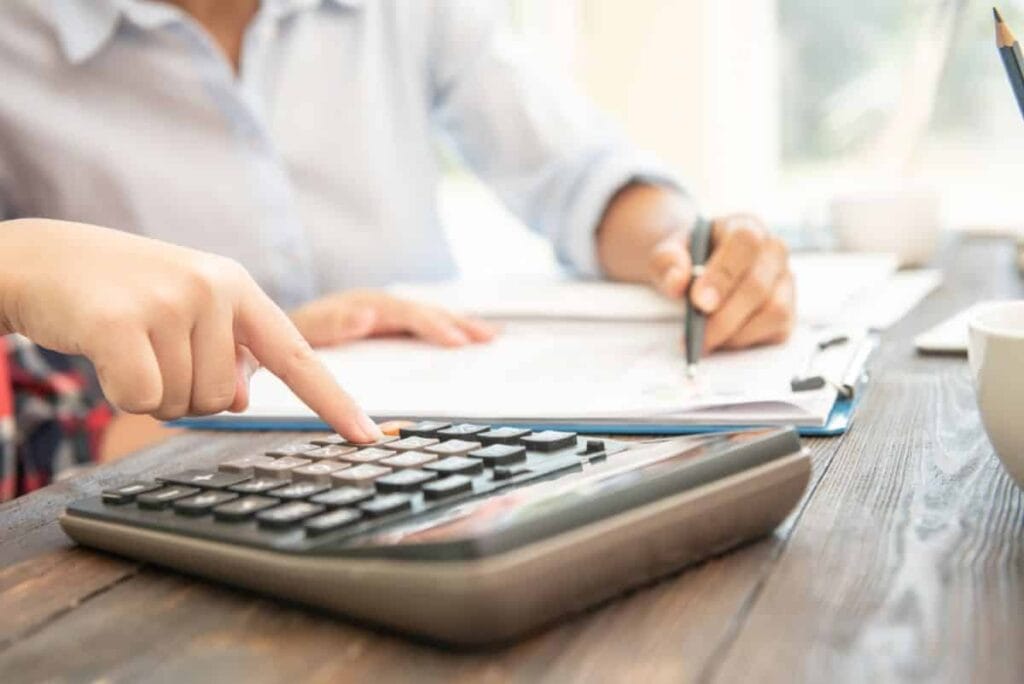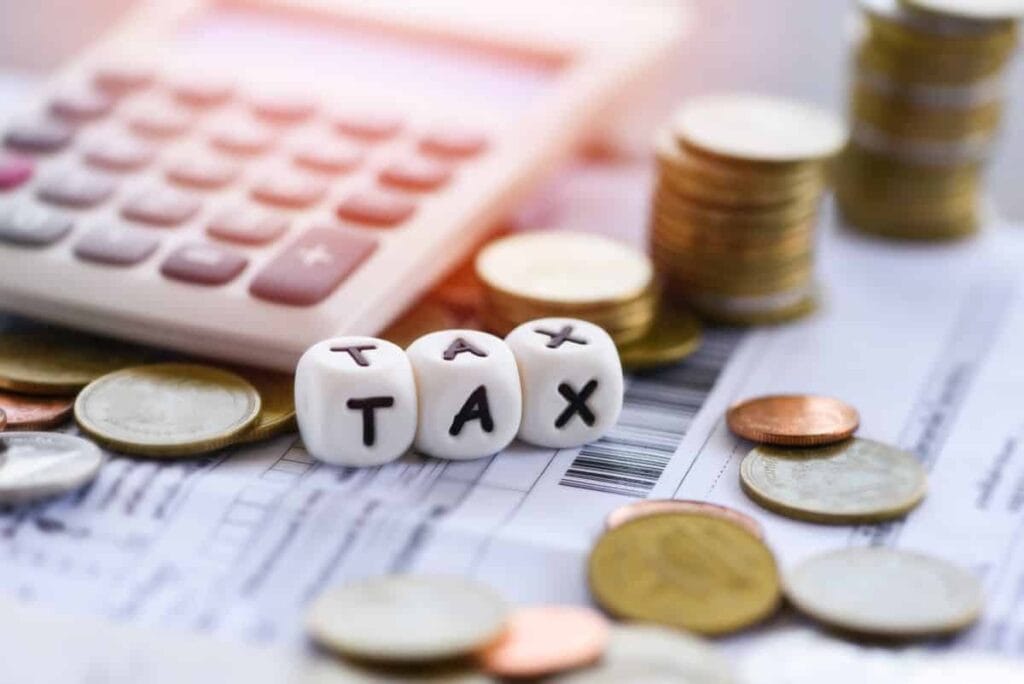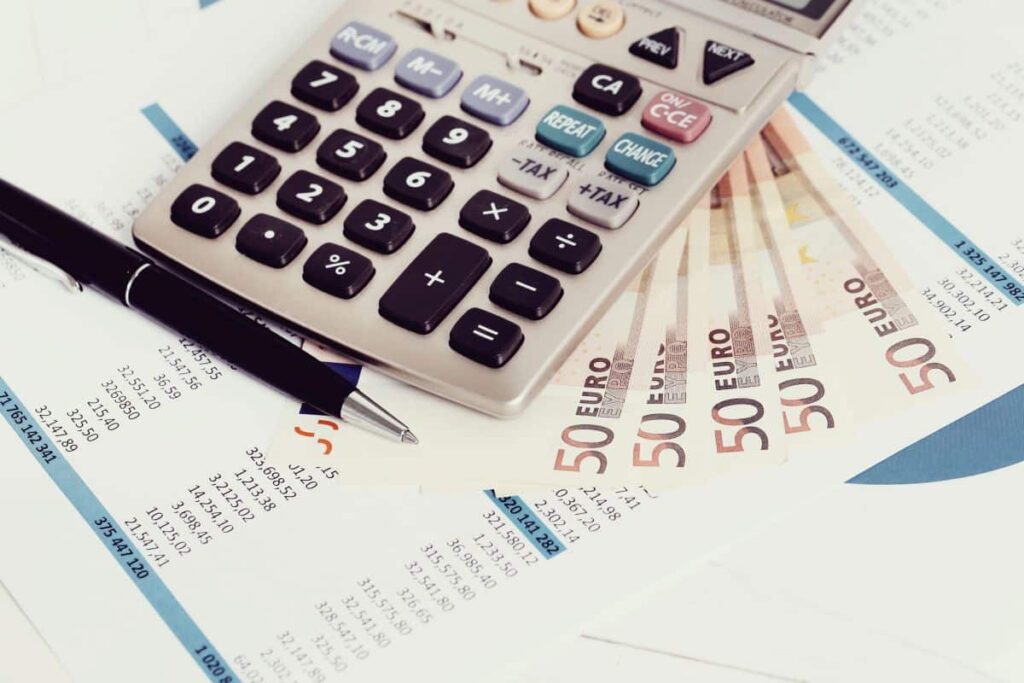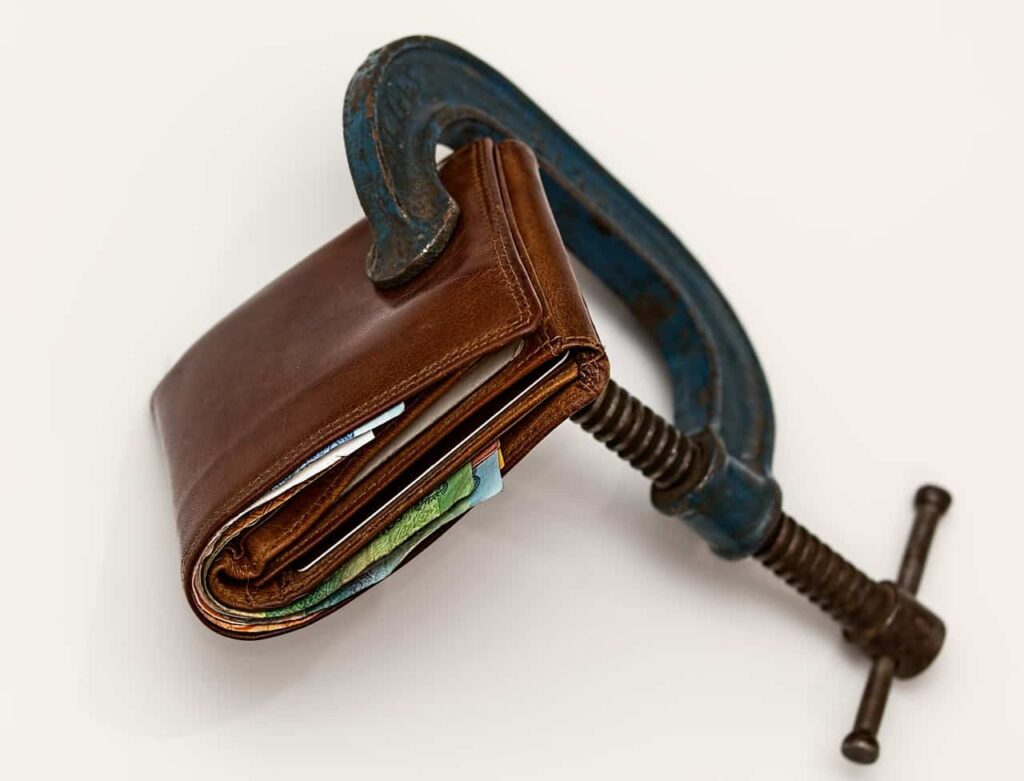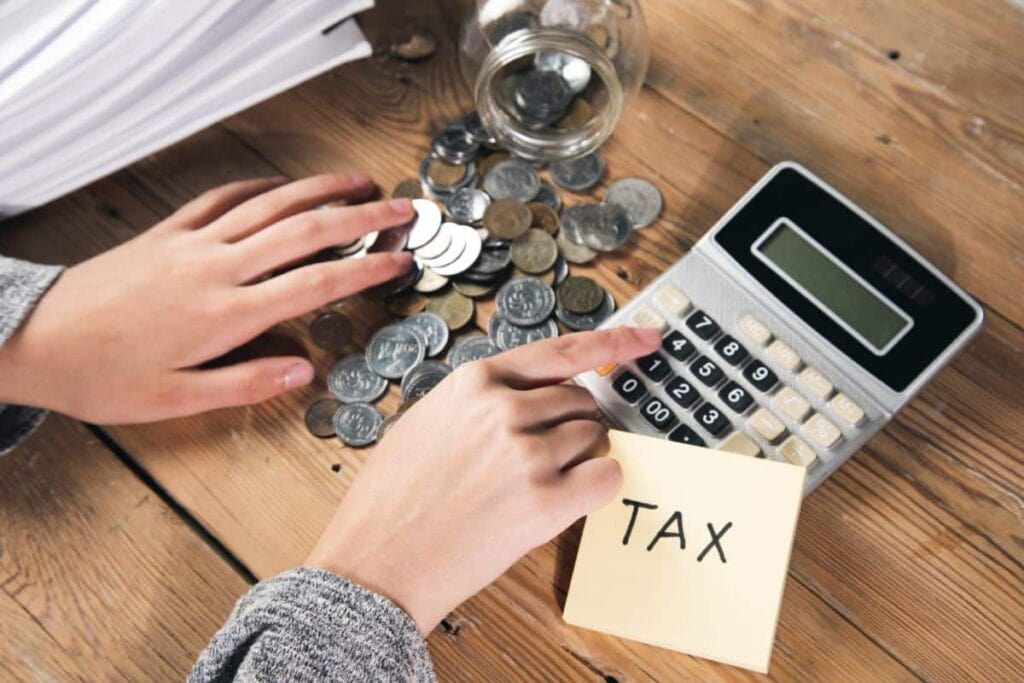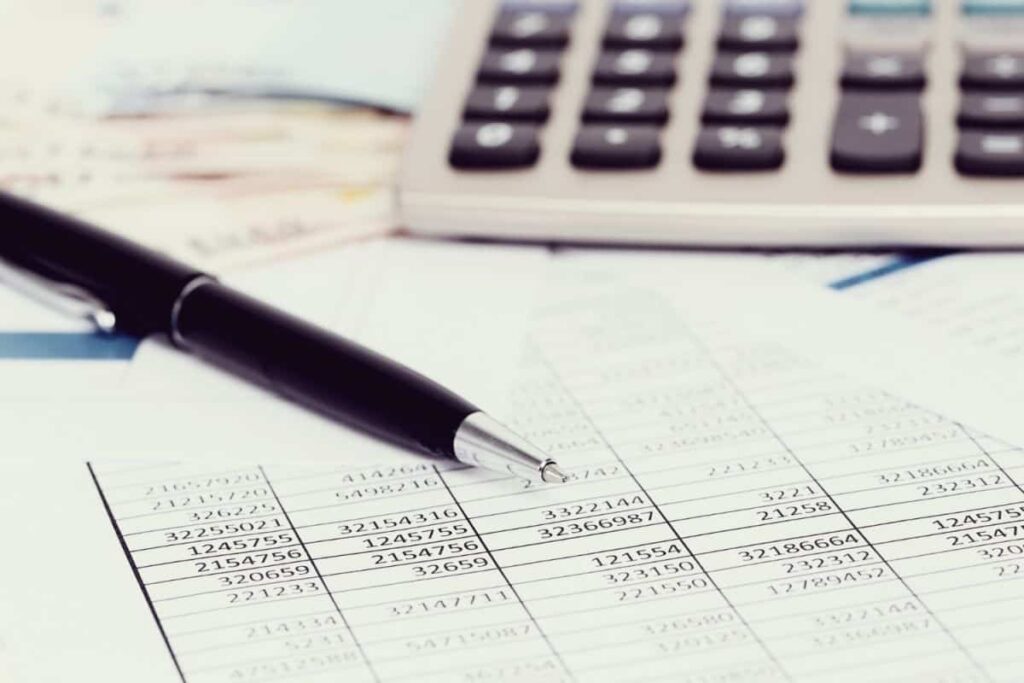Helpful Tips For Your Tax Return
Do you have opportunities to increase the money you’ve worked so hard to earn? When trying to get the most out of their tax return, a lot of people make the unfortunate mistake of not taking advantage of potential deductions because they either do not know about them or simply are not organized enough to keep track of them.
Learning how to raise the amount of money that you keep is an excellent method to make the most of your tax return, especially considering that the typical tax return in Australia is approximately $2,574.
How do you get started, particularly if you are not an experienced tax preparer? The process of getting ready for tax season is a lot simpler these days than it was in the past. You’ll be able to dramatically reduce the amount of stress (and time) associated with getting your financial life in order if you use a few straightforward programs and become familiar with the fundamental laws governing deductions.
Advice from the Australian Taxation Office on How to Get the Most Out of Your Tax Return
The end of the fiscal year is drawing near, and if you want to make sure you collect the most money possible from your tax return, you should start preparing now.
Although Debt Busters reports that the typical tax return in Australia is $2,578, Yahoo Finance has compiled the top five helpful ideas to maximize your refund in advance of the end of the fiscal year.
Work From Home Expenses
It is crucial to know what you can and cannot claim for working from home, as well as a good strategy to improve your returns if you do it the proper way. This is because of the lockdowns that have been caused by the pandemic during the previous 18 months.
Mark Chapman, who is the Director of Tax Communications at H&R Block Australia, provided Yahoo Finance with a thorough list of the things that you may claim and the things that you cannot claim while you are working from home.
The long and the short of it is that if you work from home, you may be able to claim a tax deduction for the portions of household costs that are relevant to your place of employment, such as:
- The bills for the heating, cooling, and lighting;
- Expenses associated with the cleaning of your home office space, which may include the cost of cleaning supplies or the hiring of a domestic cleaner, if necessary;
- deterioration of the value of the home office’s furnishings and fittings;
- Expenses related to the wear and tear of office machinery and computers;
- Expenses incurred for the repair of home-office equipment, furnishings, and furniture;
- Items with a cost of less than $300, including pieces of furniture and computer equipment, are eligible to have the entire purchase price written off immediately (they are not required to be depreciated);
- stationery and other office supplies, as well as computer consumables (such printer ink);
- Costs associated with using the internet and the phone (mobile and/or landline);
- regulating the temperature, ventilation, and lighting in the room used for the home office;
- a fall in the value of home office furnishings and fixtures;
- the decrease in value of computers and office equipment;
- expenditures associated with internet and telephone service, as well as computer consumables and stationery.
“Having a dedicated space in your home that you can use as an office is highly recommended. “However, if you are utilizing a room that serves more than one purpose or a room that is shared with other people, you are only allowed to claim the expenses for the hours during which you had exclusive use of the place,” Chapman explained.
However, in light of the fact that so many Australians have been unable to visit the office in the past year, the Australian Taxation Office (ATO) has devised a shortcut approach in order to facilitate the procedure and make it more manageable.
During the coronavirus crisis, the Australian Taxation Office (ATO) implemented a temporary “shortcut method” of calculating additional running expenses, which enables individuals who work from home to claim a rate of 80 cents per work hour. “The ATO has introduced a temporary “shortcut method” of calculating additional running expenses,” Chapman said.
“As a result of COVID-19, you will be required to keep a record of the amount of time that you have worked from the comfort of your own home.”
It is important to remember, however, that if you calculate your hourly wage based on the 80 cents per hour technique, you are unable to make any further claims in connection with working from home. Therefore, expenses like as use of a cell phone and internet are accounted for in the 80-cent rate.

Make A Gift To A Charitable Organization
Did you know that if you give money to charity, the government will give you some or all of that money back when you file your taxes?
Doing good deeds not only makes you feel better about yourself but also has the added benefit of increasing your tax return.
According to the Australian Taxation Office (ATO), in order to be eligible for a tax deduction for a gift or contribution you make, the item in question needs to satisfy all four of the following criteria:
- Must be a genuine act of generosity, such as a gift or contribution; this means that the transfer of funds must be made out of pure altruism, with no expectation of, or promise of, monetary gain or another advantage of any kind.
- Must be in the form of money or property, and may also consist of financial assets like shares.
- Must be in compliance with any applicable gift requirements – the income tax legislation imposes additional conditions on certain authorized charity organizations, limiting the sorts of tax-deductible gifts they can accept and making compliance with applicable gift conditions mandatory.
You need to have proof of the donation, and the donation must be worth more than two dollars.
In addition, you can deduct up to ten dollars’ worth of gifts without needing to provide a receipt if you make what are known as “bucket donations.” This means that you place money into a donation bucket that is provided by a reputable organization.
The ATO, on the other hand, stresses that not all charitable organizations are counted among the approved groups. Websites that raise money through crowdsourcing such as Kickstarter, instance, are not accepted.
Register for the Various Newsletters and Subscriptions Available Here
Again, this needs to be relevant to the business, but if you work in a particular industry, you may join up to have access to news that is special to that area.
According to the Australian Taxation Office (ATO), if you are the one who pays for the books, periodicals, and digital information that you use as part of your profession, you are eligible to claim a deduction for those costs.
Books and periodicals include academic journals, technical journals, reference books, and library subscriptions, among other types of publications.
The term “digital information services” can refer to online subscriptions, electronic content such as e-books or e-journals, as well as other types of digital goods that you can purchase.
The Australian Taxation Office has said that if the item costs less than $300, you are eligible for an immediate deduction provided that the item:
- is mostly utilized for the purpose of generating revenue through employment rather than the operation of a business;
- does not form a part of a collection of assets that you buy in the same year of income and for which you paid a total of more than $300;
- is not one of a number of identical or mostly identical items that you acquire in the same income year that together cost more than $300. To put this another way, you cannot buy a round of subscriptions to a magazine for you and your friends and then claim the entire thing as a deduction for the cost of the magazine.
Therefore, if there is a trade publication that has piqued your interest and you would like to submit a reimbursement request for the subscription fee, the time to do so is now.
Are You Planning to Improve Your Current Career Path Through Studying?
If you are up to your eyes in textbooks, the good news is that you can claim them – along with course fees, lodging, and meals if you study away from home. If you are up to your eyeballs in textbooks, the good news is that you can claim them. You can also include the expenses of internet and computer consumables in your claim, in addition to the cost of depreciation for the computer that you use for school. Take into consideration the following terms of the course:
- The course ought to have a significant relation to the job that you are now holding;
- The training needs to increase certain skills or knowledge that are necessary for your current job;
- It is very likely that completion of the course will lead to a rise in the amount of money you earn at your existing job.
You shouldn’t rely on the pre-fill data provided by the ATO.
Even though it could appear to be a fast cut to fill in the fields with data from the ATO, this is not the case. Using your very own information as the basis for your analysis will almost always be in your best interest. Your data might not be up to date because banks sometimes don’t provide information to the ATO until as late as August.
If the ATO brings to your attention a problem, it is your responsibility to solve it. It may be beneficial to work on your tax return with the assistance of a tax accountant. Our tax accountants are put through the most rigorous training program that is currently available in the industry. As a result, they are able to accurately prepare tax returns and ensure that each and every one of those returns is maximized.
Maintain a Ledger
If the total amount of your deduction claims is more than $300, you are required to provide written evidence to verify your deduction claims. You are responsible for keeping records that can show the complete amount, not simply the amount that is greater than $300. In most cases, this will take the form of either a receipt or an invoice.
If each item is less than ten dollars, the total of these expenses is less than two hundred dollars, or you were unable to obtain written documentation – for instance, for toll or parking fees when you can’t receive a receipt – a diary note will be sufficient as proof of payment.
You are required to be able to illustrate how you computed your claims, but you do not need to provide invoices as backing for them if the total amount claimed is less than $300. It is a common misunderstanding that you can automatically claim deductions worth $300 without having to bother about proving them. This fallacy has spread far and wide. However, it does not appear to be the case. You are not allowed to submit a claim if you are unable to demonstrate that you actually incurred the costs in question and can also not explain how you arrived at the amount that you are claiming as a deduction.
Costs Relating to the Household and the Automobile
If you take your automobile to work or conduct business from home, you may be eligible to deduct some additional expenses. Why is this the case? When you use your own vehicle for work or set up a space in your house as an office, you are contributing to the overhead costs of either operating a business or working for one.
To begin, you will need to devise a method for determining how much money you are allotted for your car. Utilizing a mileage tracker app to compute prices and distances incurred over the course of the year is one of the most prevalent approaches. In addition, if you run your business out of your house, you might be able to deduct some of the costs associated with running it, such as the cost of equipment and utilities. However, keeping track of your expenses and maintaining your receipts is essential.
Are You Able to Deduct the Costs of Homeschooling?
Unfortunately, you will not be able to take a tax deduction for any costs that are associated with the education and training of your child. During the time that your child has been receiving education at home, any additional supplies, tools, or resources that you have had to buy can be considered personal expenses by the Australian Taxation Office (ATO).
The fundamental reason for this is that you are only allowed to claim tax deductions for those costs that you have incurred that have an effect on your potential to make revenue. This is the reason why your expenses related to learning, such as going to seminars and completing supplementary coursework, are eligible to be deducted from your income. These factors are regarded as being beneficial to your ability to keep your job or to improve your chances of finding work.

Can I submit a claim for protective gear related to the coronavirus, such as gloves?
It is possible that you will be eligible to deduct the cost of any personal protective equipment (PPE) that you have purchased in order to reduce your risk of becoming infected with the coronavirus. However, you are only allowed to claim these charges if the things in question are essential to the performance of your job.
For instance, medical personnel such as nurses, ambulance drivers, and general practitioners are eligible to get reimbursement for the cost of purchasing gloves, masks, and hand sanitiser to wear while on the job. If, on the other hand, you have purchased identical products for your personal use at home and while you are out and about (such as when you are doing the groceries), you will not be able to deduct these expenses because they are not directly tied to your work.
Do I Have To Pay Tax On The Jobseeker Payments I Receive?
At tax time, the total amount of your taxable income will include not just the payments you received from JobSeeker but also the majority of the benefits you received from the government. Because of this, you will need to be prepared to pay any tax that is owed on this income when you submit your tax return unless you have specifically requested that Centrelink withhold a small amount of your payment each time for Tax. In this case, you will not be required to pay any tax on this income.
Once more, if your total income for the year, which includes any payments you received from JobSeeker, is less than $18,200, you are exempt from paying income tax on that income. If you asked Centrelink to deduct tax from your JobSeeker payments throughout the year and you ended up earning less than $18,200 for the year, the tax that was withheld from your payments will be refunded to you when you file your taxes at the end of the year.






